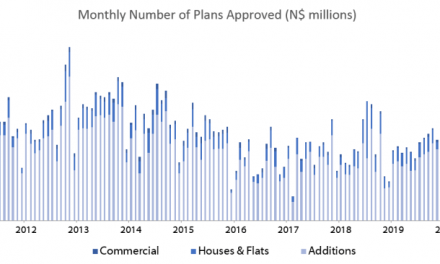
Be responsible and ethical on social media

Natasja Beyleveld, MD, NaMedia
The era of social media has leaders from corporate and government on their toes, as everything you say has the opportunity to gather opinion from your biggest supporters and critics, and the lack of social media ethics (or a regulatory forum) allows for unedited criticism and complaints. “‘Citizen journalists’ are not as considerate, since we live in an era where we can mostly say what we want, and do what we want – with surprisingly little consequences”, notes Natasja Beyleveld (MD of local media monitoring firm NaMedia). “We are encouraged to be opinionated, and our culture is rich in history that tells his- or her story in every comment made.”
Examples of social media hits that received mostly positive feedback from society; were President Pohamba’s receipt of the 2014 Ibrahim prize, Namibia’s Independence Celebrations and inaugural ceremony of President Hage Geingob, the State of The Nation Address, Budget 2015, the Namibian Annual Music Awards, TedX Windhoek’s Playing Beyond, and the march against xenophobia (#AfricanLivesMatter, #AfricaIs1).
“Social media creates a ‘fan forum’ for any person or cause, and you now also have the power to influence the status quo to a certain extent”, notes Beyleveld. Job Amupanda’s AR Facebook page has over 14,000 followers, whilst his personal profile has over 33,000 followers, “and mainstream media is ‘keeping a close eye’” comments Beyleveld. Organisations are becoming more vigilant to the voice of opinion shapers, the ‘public movers and shakers,’ the ‘circle leaders’ that have gained the respect or support of their ambassadors in cause, and that are mobilizing them against or for the issue or person or brand involved. The upside is that mainstream media still filters through what is deemed credible, researched, and of news relevance – therewith becoming the ‘public police’ on what should be given through as public education, as what deems to support the National goals towards economic growth and inclusivity. Mainstream media must still inform, educate, and explain political, economic and social situations in the greenest way, meaning ‘no greek where possible’, giving a voice to what needs be put on the agenda.
So is all engagement good? People talk about what they know, but they also want to link that to an expert source – one that is authentic.
So some last tips, when facing a social media crisis, be sure to spot the cues and keywords associated with sensitive events that are shared; prevent a possibly minor issue from becoming a large one.
Don’t always assume it won’t escalate, be responsible and ethical; ‘what would you have wanted to see, hear, if you were affected by this?’ As with mainstream communications, but even more so, be proactive whether your crisis measures a 1 or a 10. You can engage with a 1-3 crisis (employee or single customer issue) one-on-one, but a fatal site accident affecting your entire company needs a generic public statement within the 1st hour, and a formal statement at least after 2-3 hours.
Winston Churchill paraphrased Mark Twain when saying: “A lie can get half way around the world before the truth has put its pants on”. That was before social media was invented, but never a truer word was said. So advocate your truth, and do so responsibly.











































